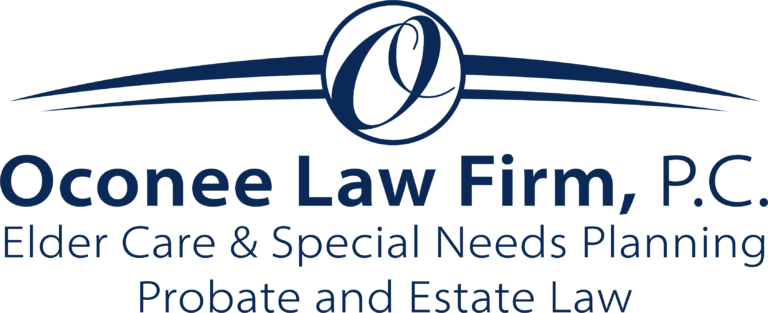Farm families should adopt a whole farm planning approach, when they develop strategies for the future success of their business. The whole farm approach lets families look at the internal structure of their business and then develop business, retirement, transition, estate and investment plans that work in harmony.
Ohio’s Country Journal’s recent article entitled “Whole farm planning” says that in the middle of most farms and agricultural businesses is the family unit, and valuable lessons can be learned by all the generations involved, by examining past successes and disappointments. The underlying values and goals of the family have a significant impact on the way in which family members treat each other and employees and make business decisions.
The analysis of the current state of a farm should also be done to determine the physical, fiscal and personnel status of the business. The operation’s efficiency should be examined and any available resources that aren’t currently being utilized should be identified. The farm’s profitability, business structure, operating procedures and employee management should also be reviewed. It’s also helpful for the management team to pinpoint external influences that could affect the business in the future, such as governmental, political, economic, environmental, social or technological elements.
Once a family has finished its internal analysis, they can continue the planning process by developing business, retirement, transition, estate and investment plans. These plans all will need to work in concert to ensure the long-term viability of the business.
Business Plan. A comprehensive business plan helps the family develop a plan of action for production and operation practices, and also helps develop plans for the financial, marketing, personnel and risk-management sectors of the business.
Retirement plan. A strategy to help each business member meet his or her expected retirement needs should be created. The two main retirement issues to look at are the amount of money each family member needs for retirement and the farm’s obligation to the retirees.
Transition plan. This plan ensures that the business has the resources to continue for future generations. This helps the family examine its current and future situations, then develop a plan to transfer the business to the next generation.
Estate Plan. This entails determining how the farm assets and debts will be distributed upon the death of the principal operators. This plan, along with the transition plan, helps to address the way in which the off-farm heirs can be treated fairly, without jeopardizing the future of the farming heir.
Investment plan. The primary investments made by farm families are typically made in land, machinery. and livestock. Investments let farm families to save for future education or retirement needs and permit investment diversification.
Reference: Ohio’s Country Journal (Feb. 11, 2021) “Whole farm planning”
Suggested Key Terms: Estate Planning Lawyer, Business Succession Planning, Retirement Planning, Tax Planning, Financial Planning, Farming

